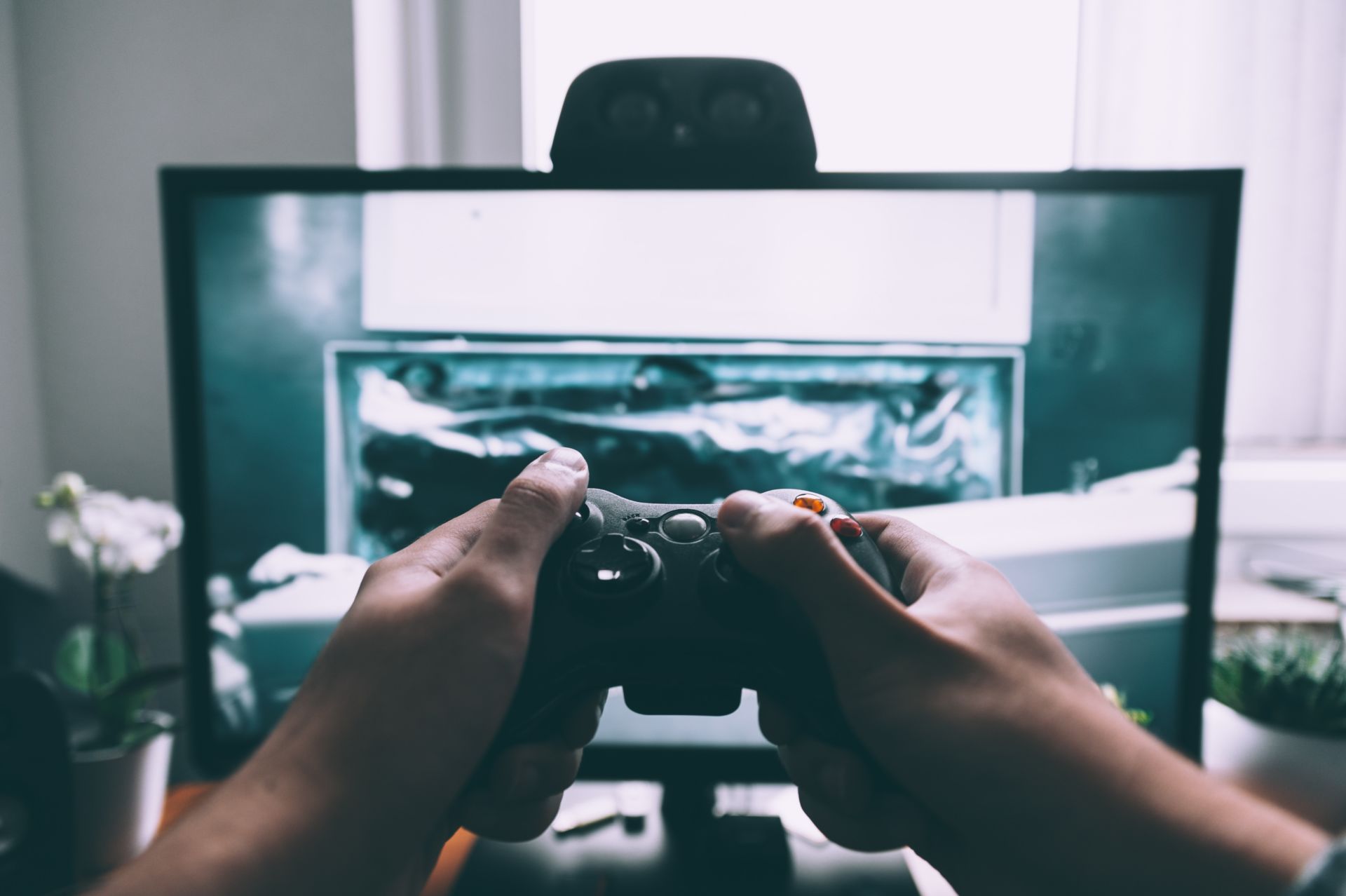
How to deal with age ratings for games?
However, the boy’s peers mostly play 18-rated games. The parents of the friends do not see it as a problem and do not find the games harmful to young people. As a result, the questioner’s son is excluded from his circle of friends in his spare time. Which is more detrimental to my child: playing 18-rated games with friends or being left out of the group? Are parents interested in this?
Answer:
Parents, when setting the rules, have to consider what kind of model and message they want to provide to their children as parents, and what consequences their parenting choices have for the children and the family. Do you let young people stay up late, neglect agreed housework, disregard curfews, play 18-rates games, not let the parents know where they are, smoke, use alcohol, and so on. The list seems endless. And, it is the adults who make the final decisions and ultimately bear responsibility for the minor. Suitable boundaries are good for young people, and the rule of thumb is to be uncompromising even over small things so that you do not end up wrestling with large and even dangerous issues.
Life is about values, choices, struggles and even disappointments. You cannot have everything. The world is not fair and at the age of 13-15 one learns where it is necessary, or if it is necessary at all, to obey the law, norms or rules. At this age, the desire to belong to a group and to be appreciated by friends is also emphasized. As a parent, you usually end up in a collision course sooner or later: EVERYONE ELSE can do whatever they cannot, and own parents are old farts and mummies. It is important for children and young people to feel that the parents are consistent. The parents have to choose justifiable boundaries. Thus, if you allow the violation of the age rating with some matters, in which matters is it absolute – what if it were cannabis?
It is troublesome if common ground is not found between adults, but it can only affect the practices of your own family. There are probably other parents who also stick to age ratings. When the boy says he is being left out of the group of friends, it may also be because he feels excluded as he is unable to engage in conversation or other social activities for certain games. In fact, he may be involved in other matters in the group. Thus, you should find out that this is not just an attempt to persuade you by appealing to being left out. It is also important that you find alternatives to18-rated games – something just as interesting but permissible – even the boy’s group of friends is unlikely to only play forbidden games, so the boy can shine on these other games.
In addition to the content of games, the harmful effects of the gaming of children and young people are primarily determined by the amount of time spent on gaming that is away from other life, learning social relationships, and building possible friendships and relationships. The risk also involves the amount of gaming and the fact that some games instil different reaction patterns that are unsuitable for day-to-day life. In addition, the timing of gaming can be a challenge. Gaming sessions at inappropriate times may confuse day-to-day life and, at worst, cause a persistent sleep deficit and a cycle of underperformance.
It is right to take care of smooth day-to-day life and to ensure that only games with appropriate age ratings are played at home. It is important that the position of the parents is unequivocal and adhered to. This provides a clear message from home of what is desirable behaviour. However, it might not be worth wasting time trying to control all the games the boy plays with his friends from time to time, or forbidding him to meet friends whose parents have a different line. This may evoke more defiance than reinforce the desired behaviour, and it is also impossible to monitor the ban.
You should stick to safe boundaries and tenacity in your daily battles – these are important learning experiences for the boy too!
